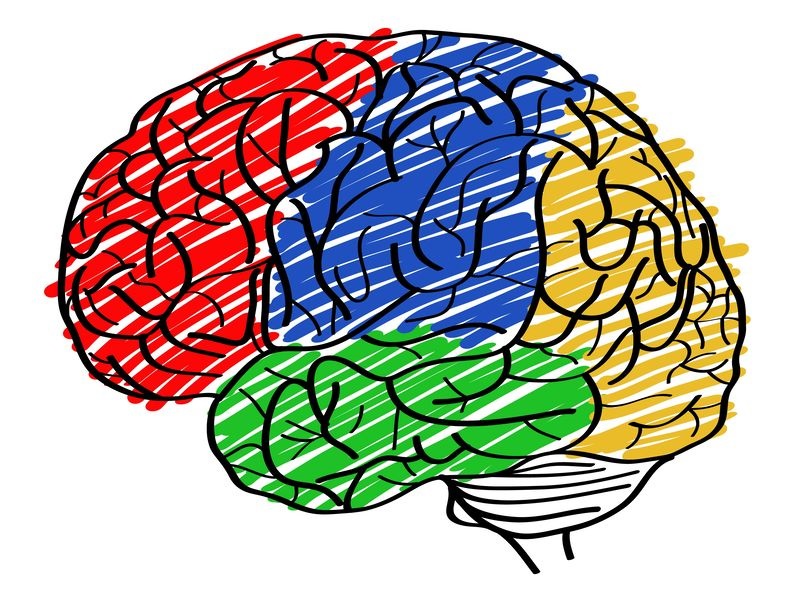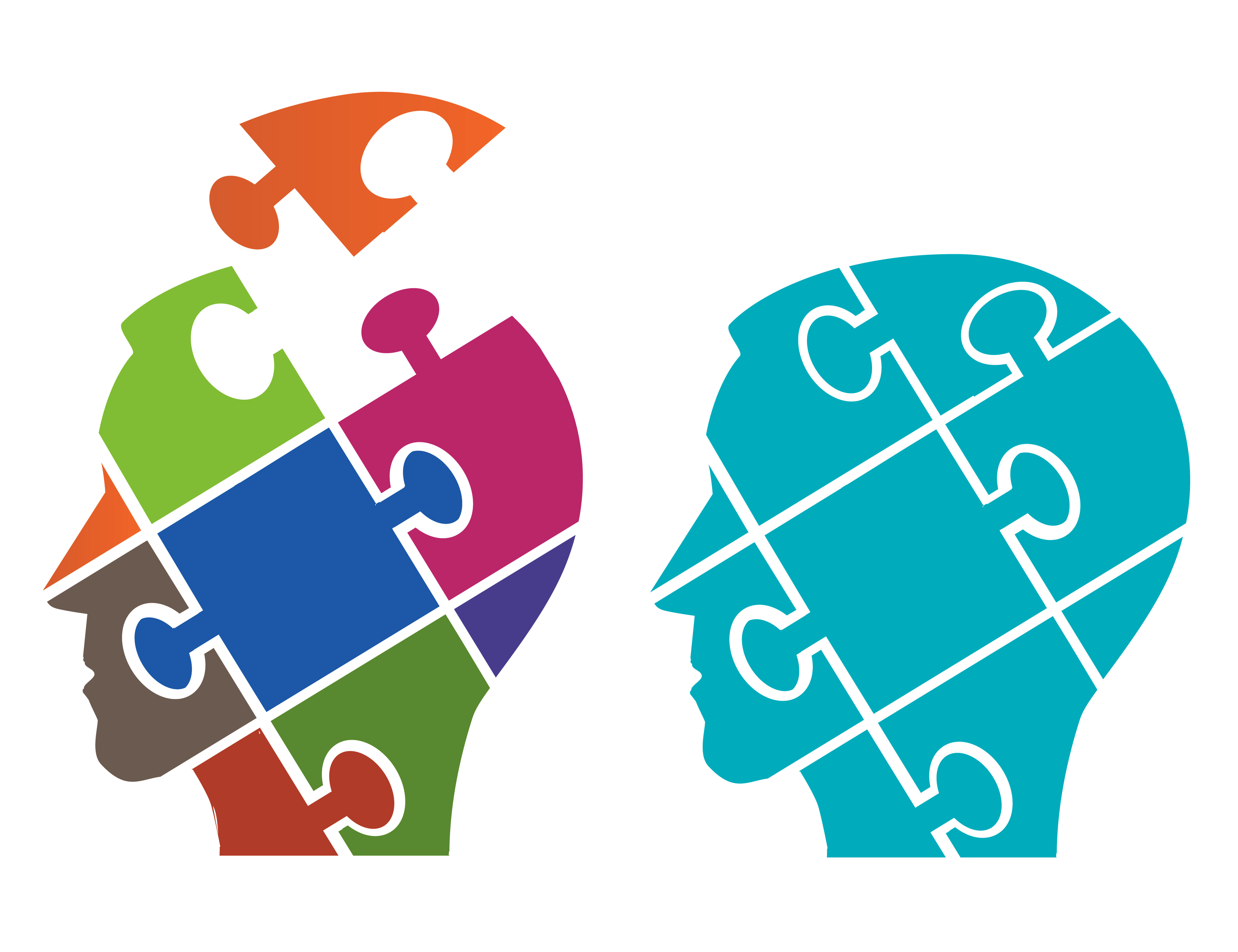Toronto Psychological Assessments Can Help
Dr. O'Connor's psychological assessments increase understanding of the psychological concerns that present in young people how to help. Get "beneath the surface" and learn more about what is contributing to and maintaining the psychological concerns in a young person that worry you. What are the young person's strengths and particular talents? What are his needs and what interventions are most likely to help?
Learn more about the challenges that a child, adolescent or young adult is showing and how to help. Does she have a Learning Disability? Is she anxious or feeling depressed and unsure of herself? Does she exhibit attention or behavior problems? Is she showing trauma symptoms, or symptoms of a brain injury?
How serious are these concerns? Do they require the support of a professional, and if so what kind of support would help? Find out how the young person is coping with specific challenges and stressors such as divorce or parental addiction? Is he/she feeling stressed? Does he/she lack self-esteem or confidence?
Psychological Assessments also lead to recommendations including parenting, teaching and treatment interventions to help promote positive outcomes in the young people you care about and work with.
To learn more about Dr. O'Connor's psychological assessments, click here.
Dr. O'Connor's assessments integrate a school neuropsychological perspective, and apply a brain/behavior focus to assess the young person's functioning, both strengths and weaknesses, across a range of neurocognitive domains. The assessment examines the young person's pattern of neurocognitive strengths and weaknesses, and how this pattern impacts on his or her learning, or his or her social, emotional and behavioral functioning.
To learn more about school neuropsychology, click here.

How Does It Work?
When conducting an assessment, Dr. O'Connor relies on information from a variety of sources. These include background information gathered from the young person's parents, teachers or other significant adults, from school reports, or previous assessments. Dr. O'Connor also relies on questionnaires, behavior rating scales and other informal measures to learn more about the child or adolescent, including his social, emotional and behavioral functioning, his neuro-cognitive strengths and weaknesses and his academic skill levels.
Dr. O'Connor also uses standardized assessment measures to compare the young person's psychological functioning to others of the same age across a range of behaviors and skills. Standardized measures include intelligence and cognitive/learning measures, academic tests and tests to measure the young person's neuro-cognitive skills across numerous domains. These include sensori-motor skills, memory & learning skills, auditory/phonological skills, visual-spacial and language skills, executive functions and processing speed skills. The young person's social, emotional and behavioral functioning, as well as his academic skills are also assessed.
The assessment takes several hours to complete and usually involves more than one session, typically two sessions, and sometimes three of approximately three hours each.
Dr. O'Connor tailors the assessment to the young person's specific needs and uses assessment tools and approaches that address the concerns that are at issue for the child, adolescent or young adult. No two children are alike of how they present, and the specific neraucognig are and the nercognitine pattern differers foe eac chil. Two cchildren foe maymeet the criteria for a kearnig disabilityreading disbikity but the neropsychological issues will doiffer fpr each chold. and the recommendations etc. will differ for each child.
How Can A Psychological Assessment Help?
Dr. O'Connor's psychological assessments sharpen the focus or "open a window" on the young person's strengths and specific needs. You will have a clearer picture of how the child, adolescent or young person is doing across various developmental and/or neuro-cognitive domains, and the kind of interventions can help in areas of concern.
Following the assessment, Dr. O'Connor may refer you to resources in the community or relevant books and other resources to address the young person's needs. If applicable, Dr. O'Connor will provide recommendations to help the child cope with specific problems and concerns.
More About How A Psychological Assessment Helps
Dr. O'Connor's Psychological Assessments increase understanding of adolescent and child problems and how to help.
- Find out what is contributing to and maintaining the adolescent and child problems that worry you.
- Find out how a young person is doing in specific areas of child development - the social, emotional, behavioral and cognitive/academic.
- Find out about a young person's needs and how to help.
- Discover a child's strengths and build on where "things are working" and going well.
- Learn how a child is coping with specific challenges or concerns (e.g. divorce, parental addiction, social concerns, trauma related issues,) and what you can do to help.
- Find out where you need to intervene to reduce stress in a child, build positive coping strategies and enhance the young person's competence, psychological well being and resilience.


